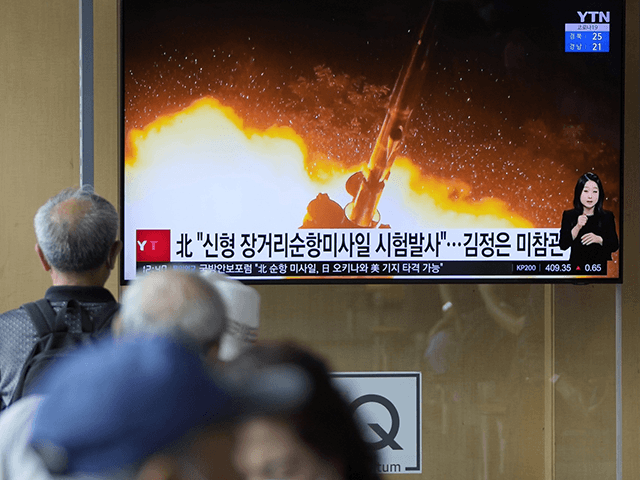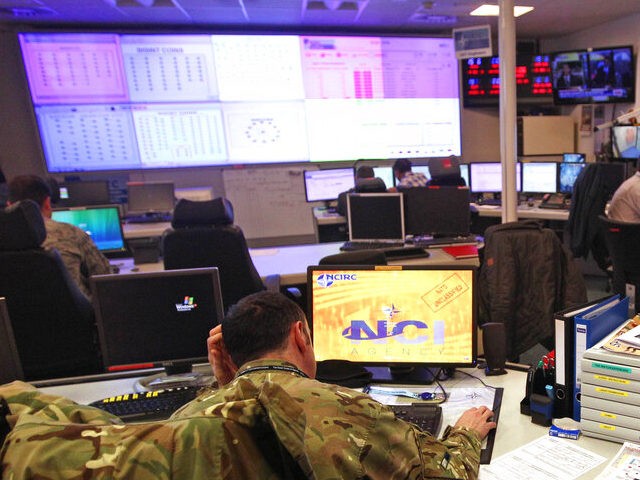South Korea’s National Intelligence Service (NIS) on Thursday was formally admitted to the NATO Cooperative Cyber Defense Center of Excellence (CCDCOE), becoming the first Asian member of the defensive alliance.
“We plan to strengthen our cyber response capabilities to a world-class level by increasing the number of our staff sent to the center and expanding the scope of joint training,” the South Korean spy agency said.
The CCDCOE was established in Estonia in May 2008 following a massive Russian cyberattack that remains one of the defining events in modern Estonian history. The attack, launched by Russia in retaliation for Estonia relocating a statue of a World War Two Red Army soldier, lasted for weeks and crippled banks, media, and government agencies.
The attack did not trigger a NATO response against Russia under Article Five of the NATO charter, because the loss of life was not deemed significant enough, but there was little doubt the so-called “Bronze Soldier” cyber-assault was “orchestrated by the Kremlin,” as Estonian officials charged.
Estonia used this dreadful experience to hone its cyber-defense skills, and soon NATO created the CCDCOE and based it in Tallinn, Estonia. The multinational agency began hosting cybersecurity conferences in 2009 and became a vital hub for cybersecurity research.
South Korea’s acceptance brings CCDCOE membership up to 32 nations, 27 of them NATO members.
South Korea’s NIS submitted its application for membership in 2019 and has participated in a number of group activities over the years, including the massive “Locked Shields” cyberdefense exercise in 2020 and 2021.
Locked Shields is a “live fire” exercise, analogous to a military drill that uses live ammunition, that simulates massive cyberattacks and tests the defenses of participating nations against them. The winner of the competitive 2022 Locked Shields event last month was Finland, which currently is not a member of NATO – but might apply for membership later this month in response to Russia’s brutal attack on Ukraine.
Ukraine, incidentally, was unanimously accepted as a “contributing participant” to CCDCOE in March.
“Ukraine, in fact being a testing ground for the use of cyber-tools for malicious purposes, has the unique practical experience in neutralizing cyberattacks that may be useful to partner countries,” Ukrainian Ambassador Mariana Betsa said at the CCDCOE welcoming ceremony.
South Korea is an exceptionally tempting target for cyber-terrorists and enterprising criminals, with a vast collection of linked financial, academic, and military networks. South Korean defense analysts are especially worried about their military’s heavy reliance on computer networks for operations and logistics.
Of course, the South Koreans also have the misfortune to live next door to arguably the world’s most aggressive and irresponsible cyber-threat, North Korea. South Korea’s membership in CCDCOE comes at a time of rising tensions with the North following the departure of dovish left-wing President Moon Jae-In and the inauguration of his successor Yoon Suk-yeol.

People watch a news program that was showing part of a North Korean handout photo that says, “North Korea’s long-range cruise missiles tests,” in Seoul, South Korea, Monday, Sept. 13, 2021. (AP Photo/Lee Jin-man)
North Korea expressed its displeasure on Wednesday by firing a ballistic missile into the sea and vowing to ramp up its nuclear weapons program. On Thursday, North Korean state media denounced Yoon as “pro-United States” and “confrontational.”

COMMENTS
Please let us know if you're having issues with commenting.